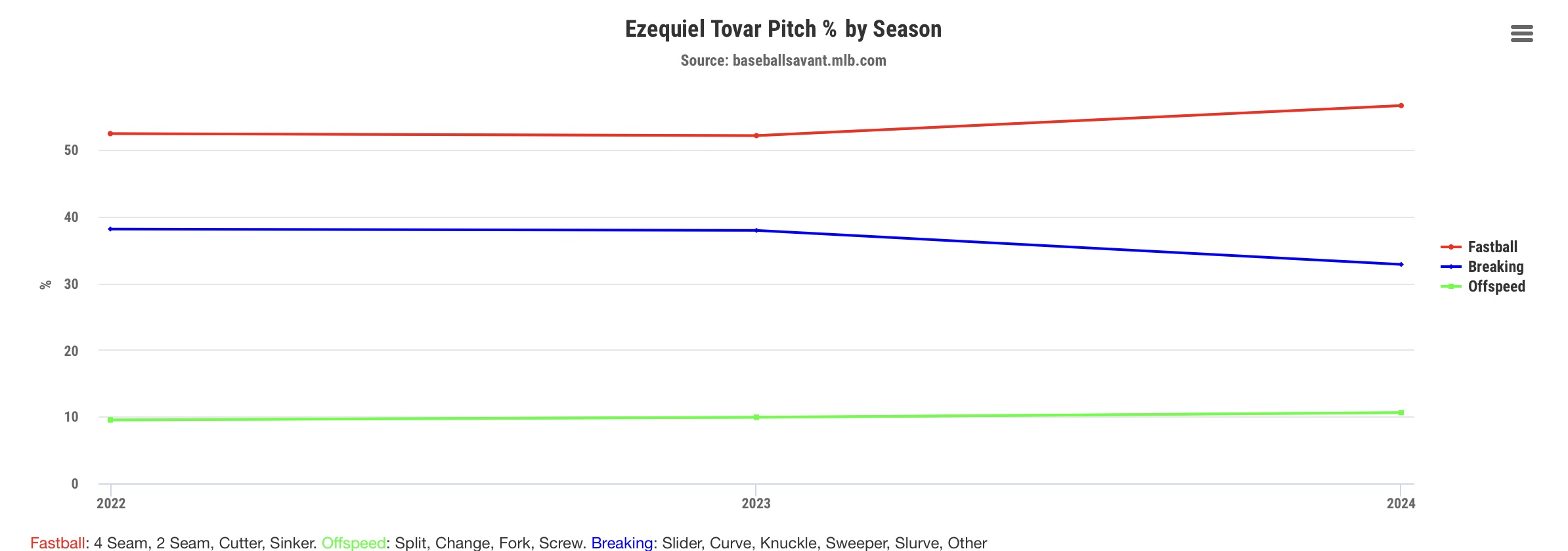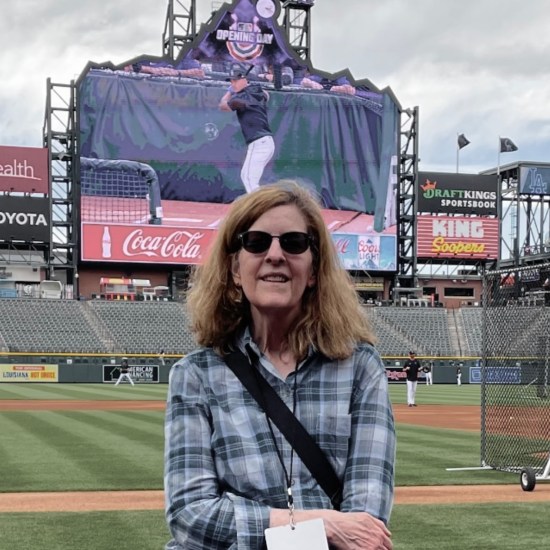Pitcher List Conversations are transcripts of interviews with professional baseball players—and sometimes, players discuss topics other than baseball. This has been lightly edited for clarity.
★ ★ ★
Speaking with a player whose first language is not English always reinforces for me how amazing they are. In addition to their exceptional baseball skills, they’ve also learned to navigate another language—and English is not easy to pick up.
These players have varying levels of comfort with English, and the ways in which they choose to address the media is an important decision.
First, they want to be certain their words will be conveyed accurately. Second, some players want to speak primarily in Spanish to address fans in their home countries. Each player that I’ve spoken with handles this differently. Sometimes, a player will choose to answer questions without an interpreter; sometimes, the player uses the interpreter primarily to answer questions; and sometimes, the player prefers to hear both the question and give his answer via the interpreter.
This adds a new level of complexity to any conversation and serves as a reminder that baseball is a wonderfully diverse game.
Last weekend, I spoke with Ezequiel Tovar, the Colorado Rockies shortstop, and 2023 Gold Glove finalist. He’s also in the midst of a serious—if under the radar—All-Star campaign. The 22-year-old from Maracay, Venezuela, opted to use bullpen catcher Aaron Muñoz as his interpreter. (Players tend to like working with Muñoz as an interpreter because as a player, he understands the baseball nuances they are trying to convey.)
Also asking questions were MLB reporter Thomas Harding and Mile High Sports Drew Creasman.
★ ★ ★
Renee Dechert: How would you assess your season so far?
Ezequiel Tovar: You know, definitely ups and downs. I think the biggest goal is just trying to make those adjustments and try to be as comfortable as possible.
RD: Recently in Fangraphs, Michael Baumann wrote a piece about you and Brenton Doyle and your offense. He noted that you’d improved in very different ways. But one of the ways that you’ve improved your game a lot is that you’re pulling the ball now. Can you talk a little bit about how you’ve changed that part of your approach at the plate?
ET: The approach has always been the same, I think. I’ve always said this. I’ve always tried to hit the ball out in front. And I think this year, compared to last year, that’s been helping me out a little bit. Maybe that’s why I’ve been pulling the ball more, but I’ve always stayed with the same approach.
Thomas Harding: Have opponents increased the number of breaking balls and soft pitches to you? Are there more of those issues than last year?
Evan Phillips, Wipeout Sweepers. 🌊 pic.twitter.com/ODEDBoB458
— Rob Friedman (@PitchingNinja) June 20, 2024
ET: Honestly, I couldn’t tell you. I think in some cases, the pitchers are throwing a lot more fastballs, but like I said previously, it’s a game of adjustments, right? I think every game is different. Every pitcher is different. And, you know, whether or not there’s more breaking balls, I’m not sure.

Ezequiel Tovar Pitch % by Season | Source: Baseball Savant
TH: This year, obviously, with the numbers you’re putting up, people are talking All-Star. What is it like back home in Venezuela? Do you hear how many people are excited about you and maybe would like to see you in an All-Star Game?
ET: You know, we still have a month to go, right? So I think that’s the dream of every player is to play in that game. I think that’s the goal. And as far as back home, I think, whether you’re hitting .200 or .300, I think the people that are closest to you are going to want to vote for you. And then you have that support, no matter where you’re at.
TH: And what about Elias Díaz’s experience last year? Did him telling you about it, you watching him go through it, did that inspire you a little bit to say, “Hey, I hope that’s me one day?”
ET: Obviously, the dream is to play there, to play one of those games. I was lucky enough to be able to be recommended to play in the Futures Game. You know, I missed out because I was hurt. But Díaz went last year. We talked a little bit about it, and he always says hitting that home run at the All-Star Game was probably the coolest thing he’s ever done. And, hopefully, God willing, I can get that opportunity.
RD: What’s your favorite play you’ve made this year, offense or defense? The best thing you’ve done?
ET: Honestly, I think the most important one is the walk-off. You know, the goal is to always win a game—that’s my goal is to win a game and to help the team win. That’s pretty cool.
RD: Last one for me. Samantha Bradfield was interested in you talking a bit about what it means to you to be a father—tomorrow is Father’s Day. How has being a father affected your approach to baseball?
ET: It’s one of the coolest experiences I’ve been part of, probably the best thing that I have going on. I use my son as a motivation to continue to play and use him as motivation to do what I can, and it’s always nice to have that support.
TH: One more from me. When you change from the leg kick to the turn, whose idea was it? And when did you decide, “Hey, I can do that every pitch” as opposed to on two strikes?
ET: I always use that as a two-strike approach going way back. And I think one day, I decided, “What if I just did this every time?” And I felt comfortable doing it, and it’s continuing to work out.
Drew Creasman: It’s only been a couple of games, but what’s it been like playing alongside Adael Amador?
ET: You know, he’s a young player, and he reminds me of me last year as a young player and as a prospect. My only advice to him every time I talk to him is to have fun. Have fun, do what you do. He’s a prospect in our organization for a reason. He’s a good ballplayer, and I just consistently tell him to have fun and enjoy it.
RD: What’s it like to be the old guy?
DG: Yeah, do you feel like a veteran?
ET: I turned into a dad [he grins], but I felt like more like a grandpa around these guys right now.
Additional Reading:

